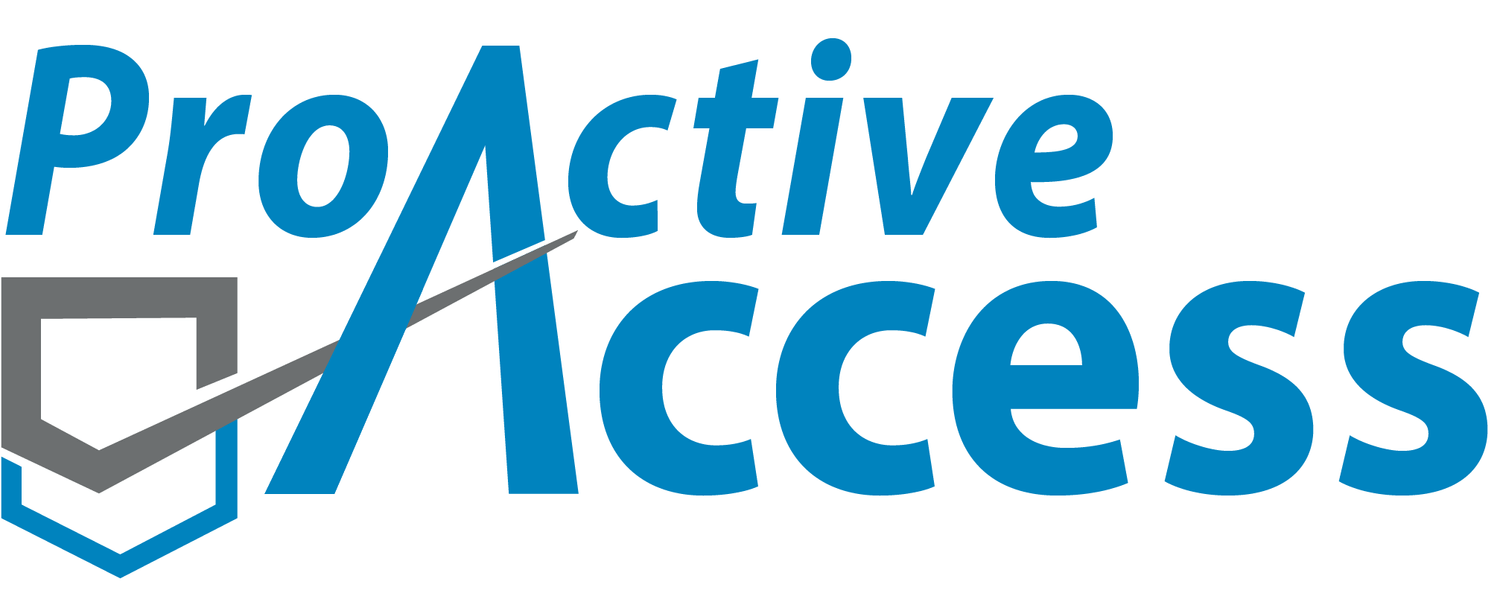ADA Requirements For Retail Stores & Facilities
Retail ADA Compliance
The Americans with Disabilities Act (ADA) is the landmark civil rights law that requires Public Accommodations to be accessible to people with disabilities. One of the most commonly visited Public Accommodations are retail establishments. Commercial retail can vary in size, function and amenities offered. Big box stores, “mom and pop” convenience store and everything in between have an obligation to provide an accessible environment. Business owners should have a good understanding of the disability access requirements that apply to their facility so that they can make improvements when Readily Achievable to do so. Failure to understand how people with disabilities interact with the built environment can lead to poor customer experiences and even “ADA Lawsuits”.
Certified Access Specialists educate brick and mortar businesses about their facilities by conducting a thorough inspection of the entire site. A CASp Inspector will typically evaluate the condition of parking, entrances, accessible paths of travel, counters, aisles and common area restrooms. If provided, our ADA compliance experts may inspect additional amenities such as: ATMs, POS machines, elevators/lifts, stairs, etc. We evaluate every feature that a retail business provides so that the owner(s) can make informed decisions about disability access improvements. Following an onsite inspection, the Certified Access Specialist will generate a CASp Report that details the areas and elements that require improvement along with recommendations for remediation. This report is the foundation for a near term and long term barrier removal strategy that increases accessibility for customers and decreases exposure to accessibility-related litigation.
Sequence of Disability Access Improvements
Every brick and mortar store is unique and offers a wide range of features that are available for public use. The public area of a dry cleaning business may only provide a sales counter and a small waiting area. Big box stores may provide: parking, multiple sales floors, elevators, dozens of aisles, check-stands, restrooms, etc. The more features that a retail facility provides, the more chances of ADA violations present at existing facilities. In any case, an owner of a business that is visited by customers will need to thoughtfully allocate resources to disability access improvements.
As with any public accommodation, the highest priority is placed on Readily Achievable Barrier Removal and providing access from site arrival points:
Accessible Path of Travel from the Public Right of Way
Accessible Parking
Accessible Path of Travel From Parking
A business may provide perfectly accessible interior but it does no good if a customer with a disability is unable to enter the facility.
Upon providing an accessible route into the facility, a business owner should focus their efforts to providing access to the primary function of the business. Whatever attracts customers to your business needs to be accessible and if not, owners should place a high priority on improving disability access. A convenience store may prioritize lowering a transaction counter and maintaining clear aisles when developing a barrier removal strategy. A clothing store may prioritize improvement of the dressing rooms to accommodate people with disabilities.
Common ADA Violations at Retail Facilities
Below are some of the most common features that are cited in legal claims filed by serial litigants:
Missing or non-compliant accessible parking
Missing or non-compliant accessible routes
Non-compliant accessible counters
Non-compliant restrooms
Obstructed Aisles
Retail CASp Inspections
The first step to improving disability access at a retail facility is to understand what is required and how to prioritize accessibility improvements. Unfortunately, there is a lot of misinformation about ADA requirements and applicability of California Building Code. Our experienced Certified Access Specialists (CASp) have evaluated hundreds of commercial retail facilities throughout California. If you have questions about disability access requirements that are applicable to your business, we invite you to contact us for a free consultation.



